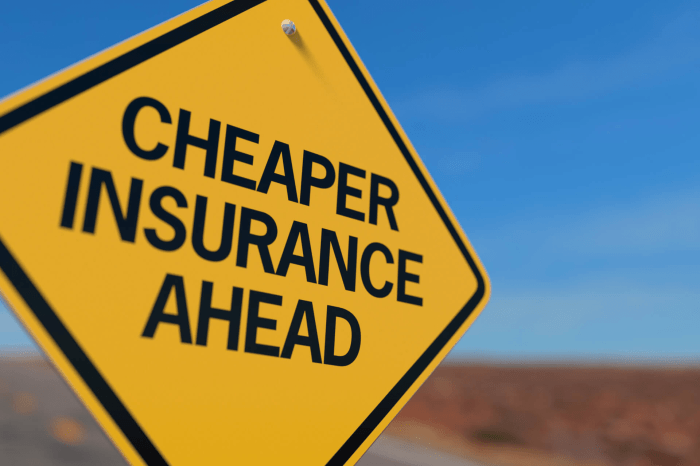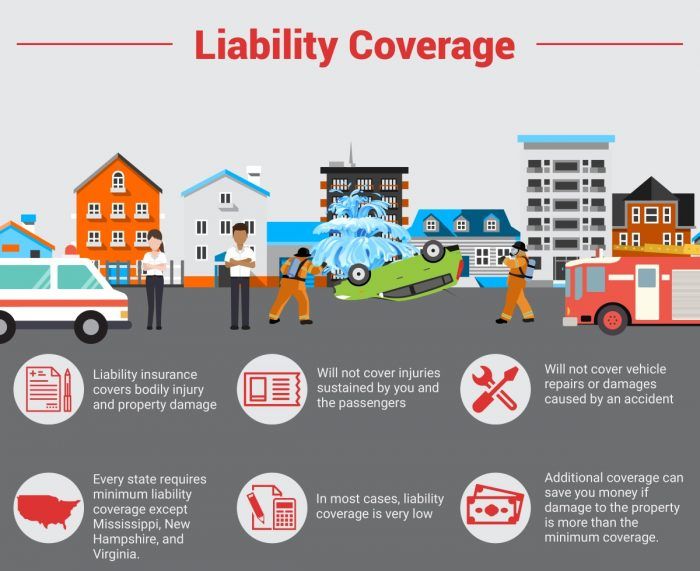Homeowners Insurance: What First-Time Buyers Must Know
Embark on a journey of discovery with Homeowners Insurance: What First-Time Buyers Must Know, delving into essential information that will equip new homeowners with the knowledge they need to navigate the world of insurance confidently.
Explore the nuances of homeowners insurance policies, understand the factors influencing premiums, and uncover valuable tips to make informed decisions.
Understanding Homeowners Insurance
Homeowners insurance is a type of property insurance that provides financial protection against damage to a home and the assets inside the home. It also offers liability coverage in case someone is injured on the property.
What Homeowners Insurance Covers
- Damage to the physical structure of the home
- Loss or damage to personal belongings inside the home
- Liability protection in case of injury or property damage to others
Importance for First-Time Buyers
For first-time buyers, homeowners insurance is crucial to protect their investment in a new home. It provides peace of mind knowing that they are financially protected in case of unexpected events.
Examples of Situations Where Homeowners Insurance is Beneficial
- If a tree falls on the roof during a storm, causing damage to the structure of the home, homeowners insurance can help cover the cost of repairs.
- In the event of a burglary where valuable items are stolen, homeowners insurance can provide compensation for the loss.
- If a visitor slips and falls on the property, resulting in injury and a liability claim, homeowners insurance can offer coverage for legal expenses and medical bills.
Types of Homeowners Insurance Policies
When it comes to homeowners insurance, there are different types of policies available to choose from. Understanding the differences between these policies can help first-time buyers make an informed decision on which type is most suitable for their needs.
Basic Form Policy
A basic form policy provides coverage for specific perils listed in the policy, such as fire, lightning, and theft. It typically offers limited coverage compared to other types of policies, making it a more affordable option for homeowners on a budget.
Broad Form Policy
A broad form policy offers coverage for a broader range of perils compared to a basic form policy. In addition to the perils covered under the basic form policy, it may also include coverage for events like water damage and structural collapse.
This type of policy offers more comprehensive coverage but may come at a slightly higher cost.
Special Form Policy
A special form policy, also known as an open perils policy, provides coverage for all perils unless they are specifically excluded in the policy. This type of policy offers the most extensive coverage, protecting homeowners against a wide range of risks.
While it may be more expensive than basic or broad form policies, it provides greater peace of mind knowing that almost all risks are covered.
Which Policy is Most Suitable for First-Time Buyers?
For first-time buyers, a basic form policy may be a good starting point, especially if budget constraints are a concern. However, it's essential to consider the specific needs and risks associated with the property. If the home is located in an area prone to natural disasters or other specific risks, a broad form or special form policy may offer more comprehensive coverage and better protection in the long run.
Factors Affecting Homeowners Insurance Premiums
When it comes to homeowners insurance, several factors can influence the cost of your premiums. Understanding these factors can help first-time buyers make informed decisions and potentially save money on their insurance policies.
Location
The location of your home plays a significant role in determining your homeowners insurance premiums. Properties located in areas prone to natural disasters such as hurricanes, wildfires, or flooding are considered high-risk and may result in higher premiums. Additionally, the crime rate in your neighborhood can also impact the cost of insurance.
Home Value
The value of your home is another crucial factor that affects your insurance premiums. Generally, more expensive homes will have higher premiums since it would cost more to repair or replace them in case of damage. Insurers take into account the replacement cost of your home when calculating premiums.
Deductible Amount
The deductible amount is the portion of a claim that you are responsible for paying out of pocket before your insurance coverage kicks in. Choosing a higher deductible can lower your premiums, but it also means you'll have to pay more in case of a claim
First-time buyers should carefully consider their financial situation and choose a deductible amount that they can comfortably afford.
Tips to Lower Premiums
- Shop around and compare quotes from different insurance companies to find the best rate.
- Ask about discounts for safety features such as smoke alarms, security systems, or impact-resistant roofing.
- Bundle your homeowners insurance with other policies like auto insurance to potentially receive a discount.
- Maintain a good credit score, as some insurers use credit information to determine premiums.
- Consider raising your deductible to lower your premiums, but make sure you have enough savings to cover it in case of a claim.
Coverage Limits and Additional Coverage Options

When it comes to homeowners insurance, coverage limits play a crucial role in determining the extent of protection you have for your home and belongings. Understanding these limits and exploring additional coverage options can help first-time buyers make informed decisions to safeguard their investment.
Coverage Limits
Homeowners insurance policies typically come with coverage limits, which represent the maximum amount your policy will pay out in the event of a covered loss. It's essential to review these limits carefully to ensure you have adequate protection for your home and personal property.
- Structural Coverage: This typically includes coverage for your home's structure, such as the walls, roof, and foundation. Make sure your coverage limit reflects the cost of rebuilding your home in case of total loss.
- Personal Property Coverage: This protects your belongings, such as furniture, clothing, and electronics. Consider the total value of your possessions when determining the coverage limit.
- Liability Coverage: This provides financial protection if someone is injured on your property. Ensure your coverage limit is sufficient to cover potential legal expenses and medical bills.
Additional Coverage Options
In addition to standard coverage, homeowners can opt for additional coverage options to enhance their protection. Some common options include:
- Flood Insurance: Standard homeowners insurance typically does not cover flood damage, so purchasing a separate flood insurance policy may be necessary, especially for properties in high-risk flood zones.
- Personal Property Coverage: This can include coverage for high-value items like jewelry, art, or collectibles that may exceed the limits of standard personal property coverage.
- Earthquake Insurance: If you live in an earthquake-prone area, consider adding earthquake insurance to your policy to cover damages resulting from seismic activity.
Determining Appropriate Coverage Limits
First-time buyers should assess their property value, personal possessions, and potential liabilities to determine the appropriate coverage limits for their homeowners insurance policy. Consider factors such as the cost of rebuilding your home, the value of your belongings, and your financial assets to ensure you have adequate protection in place.
Ending Remarks
In conclusion, armed with a deeper understanding of homeowners insurance, first-time buyers can approach this crucial aspect of homeownership with clarity and assurance, ensuring their valuable investment remains protected.
FAQ
What does homeowners insurance cover?
Homeowners insurance typically covers damage to the structure of the home, personal belongings, liability protection, and additional living expenses in case of a covered event.
How can first-time buyers lower their insurance premiums?
First-time buyers can lower their insurance premiums by increasing home security, bundling policies, maintaining good credit, and choosing a higher deductible.
What are coverage limits in homeowners insurance?
Coverage limits refer to the maximum amount an insurance company will pay for a covered claim. It's crucial for homeowners to assess their coverage needs carefully to set appropriate limits.




